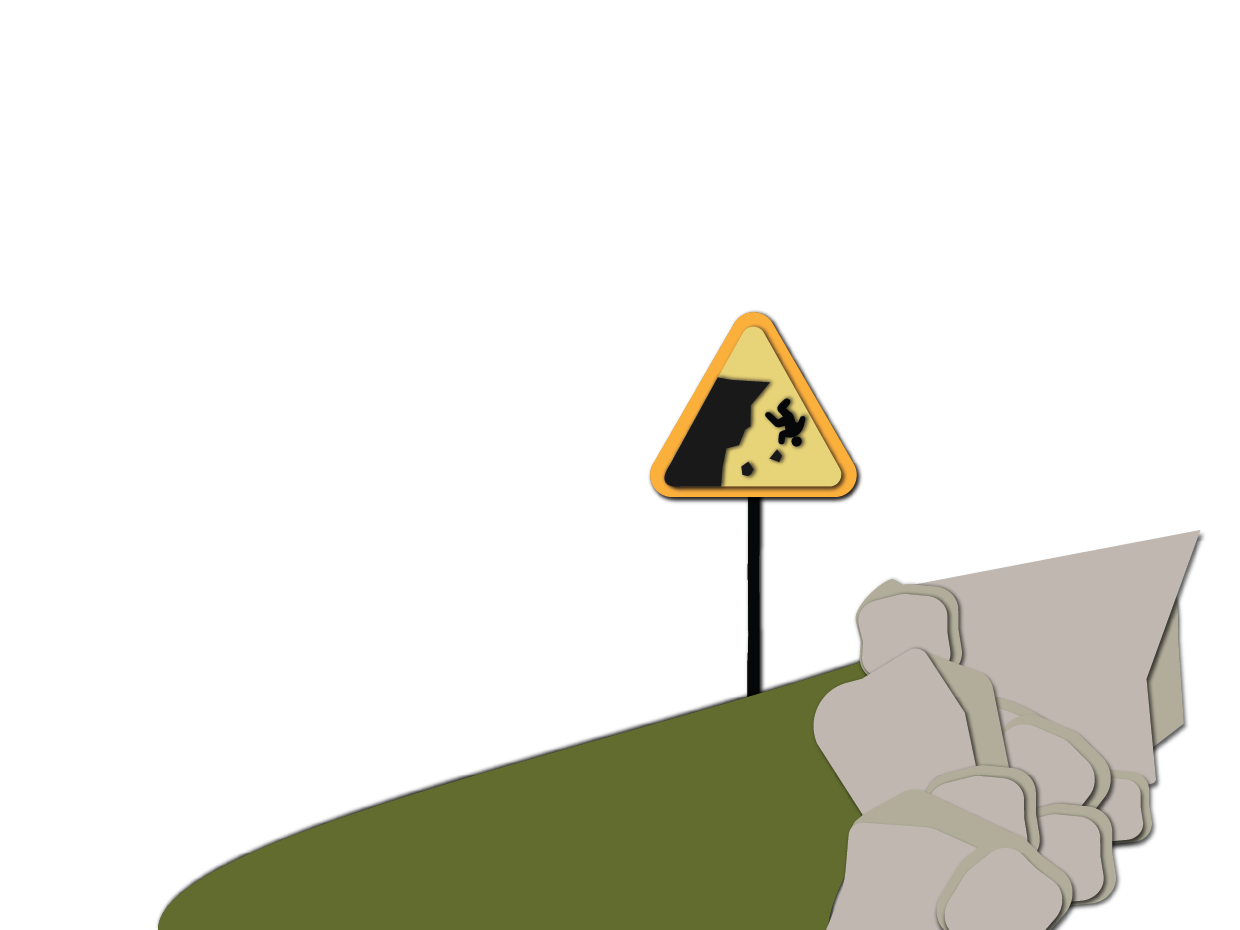Pump and dump scams are when fraudsters use an artificial market to drive the price of a stock up. Once you invest, the value will then dramatically fall. Find out more about these scams and how to avoid them.
On this page you’ll find
What is a pump and dump scam?
In a typical “pump and dump” scam, a fraudster offers you what appears to be an incredible deal on a stock, described as a once-in-a-lifetime investment. There is an artificial market that has driven the price of the stock up, and the value of the stock will fall dramatically soon after you buy it. You could lose all your money.
At the beginning of the scam, the “brokerage firm” or fraudster will own a large number of the stock, and actively promote it so more people will buy it, pushing the price higher. Fraudsters will try to trick people to invest by telephone or online.
The stock is unlikely to be listed on a Canadian exchange and the stock may be worth pennies.
Once enough investors have overpaid for the stock, the fraudster will sell all of their stock at a high price just before the value falls dramatically. The fraudster disappears, and investors are left holding stock worth much less than what they originally paid for it. And often, when investors try to sell the stock, there are few buyers, if any.
These scams are often carried out with additional promotions on internet chat rooms, bulletin boards and social media.
Be cautious of where you receive information, especially if it is from an unsolicited phone call or online source. Information can be inaccurate, or even fraudulent. For example, many bulletin boards allow the use of aliases, so it is difficult to know who someone really is. And a single individual can create the illusion of widespread interest in a small, thinly-traded stock by posting several messages under different screen names. It is also possible for an individual to post negative or positive information about a particular stock, in an attempt to affect the price in an unfair way.
You should never make an investment based solely on what you read on social media or based on a phone conversation.
How do you avoid pump and dump scams
There are a few steps you can take to protect yourself from pump and dump scams:
1. Check before you invest
One of the best ways to avoid investment fraud is to make sure that any person offering you an investment or investing advice is registered to do so. In general, anyone selling securities or offering investment advice must be registered with their local securities regulator. Checking registration is quick and easy, visit CheckBeforeYouInvest.ca for more information.
2. Get a second opinion
Be skeptical of unsolicited investment opportunities that you might receive over the phone, online or from acquaintances. Before you invest, call the Ontario Securities Commission or get a second opinion from someone you’ve confirmed is a registered advisor. You may also want to consult a lawyer or an accountant.
3. Take the time you need
Be suspicious of limited-time offers and high-pressure salespeople. You should never feel pressured to buy an investment on the spot. Take the time you need to make an informed decision.
4. Research the investment
Before you make any investment, understand how it works and the risks and fees associated with it. Don’t be afraid to ask questions and make sure that it fits with your financial goals. Find out where to get information on a company.
5. Report investment fraud
Victims often don’t report investment fraud for fear of embarrassment. Not reporting what happened, can leave others vulnerable to the same scam.
If you suspect that you have been approached by a fraudster or that you may have been a victim of a scam, please contact us immediately.
- Local (Toronto): 416-593-8314
- Toll-free (North America): 1-877-785-1555
- Email: inquiries@osc.gov.on.ca
Summary
Pump and dump scams are when fraudsters use an artificial market to drive the price of a stock up, once you invest, the value will then dramatically fall – to protect yourself, you should:
- Check before you invest – anyone offering you an investment or investing advice must be registered with their local securities regulator.
- Ask for a second opinion with a registered advisor, the Ontario Securities Commission and consider consulting a lawyer or accountant.
- Take as much time as you need to make an informed decision – you shouldn’t feel pressured to buy investments.
- Research the investment and understand its risks and fees.
- Report investment fraud if you suspect you’ve been approached by a fraudster.
